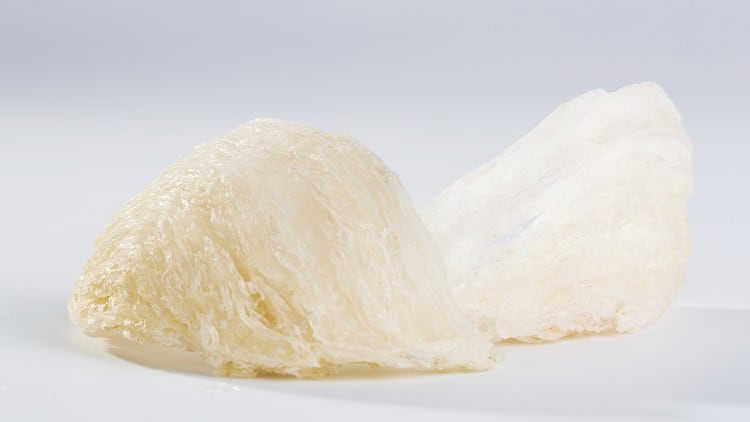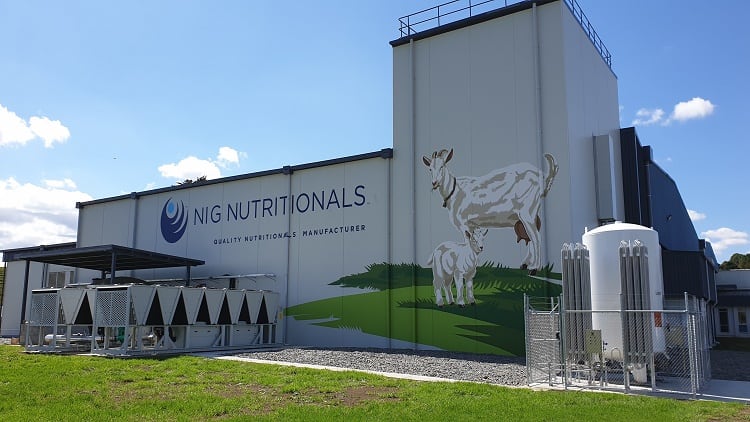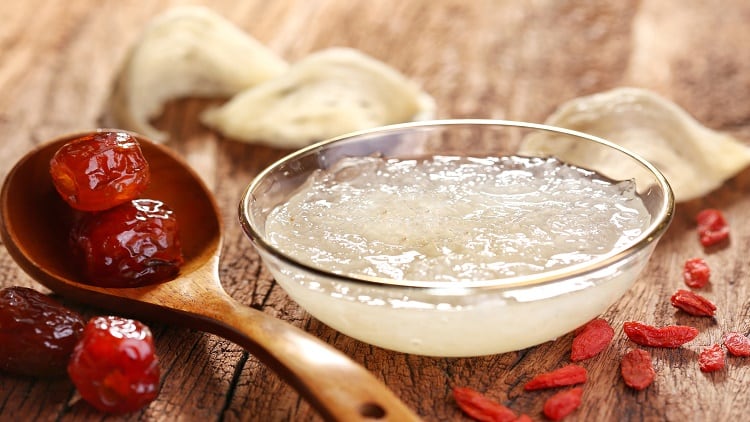The statistics was revealed when the quarantine agency of the Ministry of Agriculture’s (Barantan) held a swallow bird’s nest (SBW) export ceremony to Hong Kong.
At present, bird’s nest exported through Surabaya’s quarantine centre is delivered to 17 countries and regions, including China, Hong Kong, Taiwan, Australia, Vietnam, Singapore, Canada, and Japan.
In the first eight months of this year, exports grew by 25%.
In the case of Hong Kong, the product was exported for 3,108 times, hitting an export volume of 353 tonnes last year.
As of August, exports to Hong Kong has reached 216 tonnes.
Indonesia is the world’s largest bird’s nest production country, responsible for about 80% of the world’s production. Other producing countries include Thailand, Malaysia, Vietnam, and India.
East Kalimantan’s potential
According to Indonesia’s Ministry of Agriculture, East Kalimantan has also beefed up its bird’s nest production, and there is potential for the products to be exported overseas.
At present, bird’s nest from this region is largely consumed domestically within Indonesia.
There are also more local cities consuming the region’s bird’s nest, including Surabaya, Jakarta, Medan, Palembang, Batan, Yogyakarta, Bali and Pontianak.
The region’s Head of the Agriculture Quarantine Agency of Balikpapan (a city in East Kalimantan), Ali Jamil, said in an official statement that the potential for overseas export was “huge”.
"The potential is huge, but because it has not met export requirements, East Kalimantan swallow bird’s nest (SBW) is still being traded domestically," local media Liputan6 quoted Jamil.
"SBW business operators in East Kalimantan have not gotten the most out of this agribusiness.
"[Together we can] provide support from the production and technical aspects in order to enter the global market. The local government provides attractive policy support for investment, such as special incentives, so that the East Kalimantan SBW industry can grow and develop.”
To enter the overseas markets, the products will need to earn export certifications and meet three main requirements, which include 1) traceable documentation 2) nitrite content of less than 30 ppm, and 3) SBW will need to go through 70 degree Celsius heating for 3.5 seconds.




